
As a graduate student in the lab of Dr. Suzie Pun, Melissa is working on drug delivery platforms, including biologically testing polymeric drugs bypassing the blood-brain barrier. This could improve drug targeting to the brain for diseases such as Alzheimer’s and Parkinson’s. In addition, she is identifying biomaterials that will promote CAR-T cell therapy, which will improve this cancer treatment in the future. She holds a B.S. in Biomedical Engineering at The Pennsylvania State University. Read More

As a graduate student in the Lutz lab, Josef is developing next-generation diagnostic tests for upper respiratory infections and HIV. Josef’s research focuses on using advanced molecular diagnostics on paper microfluidics to produce rapid, inexpensive, and highly multiplexed point-of-care diagnostics. His research will help to make diagnostic testing more accessible and comprehensive. He holds a B.S. in Bioengineering and Nano-Molecular Engineering with a minor in Applied Mathematics from the University of Washington, and certificates in nanotechnology and data science. Read More
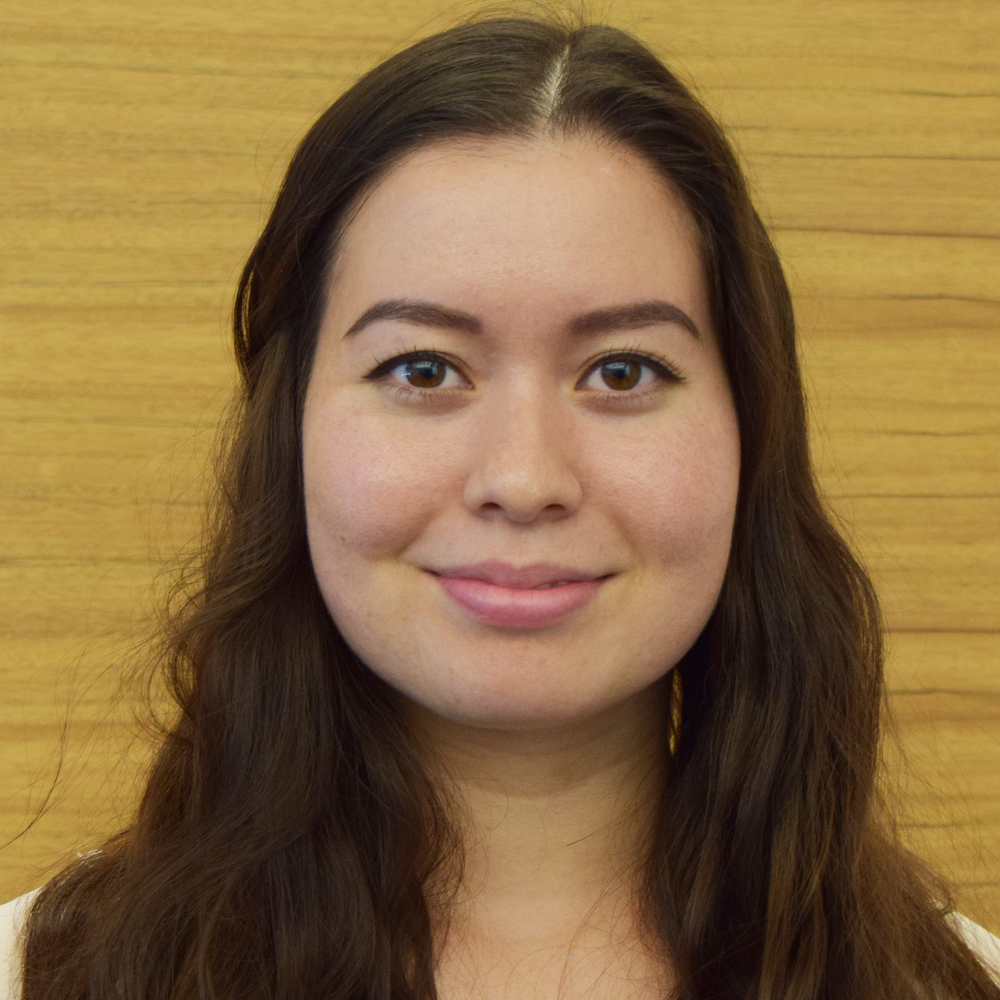
Ayumi is a grad student in Patrick Stayton’s lab within the department of Bioengineering. The Stayton lab explores novel polymer architectures to create prodrug platforms that target specific tissues while reducing peripheral effects. Ayumi is interested in infectious disease treatments, and currently studies polymeric treatments for the radical cure of Plasmodium vivax malaria. Her previous work focused on sub-anesthetic ketamine treatments for levodopa-induced dyskinesia in Parkinson’s disease. She received her B.S. in Molecular and Cellular Biology from the University of Arizona. Read More
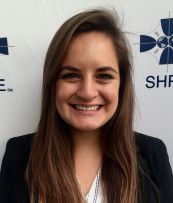
As a graduate student in bioengineering professor Valerie Daggett’s lab, Tatum is studying self-aggregating proteins known as amyloids. Amyloid proteins are a hallmark of disease in mammalian systems, but are also used by bacteria as part of an extracellular scaffold known as a biofilm. She is targeting functional bacterial amyloid in biofilms by engineering peptides that interfere with amyloid aggregation. By preventing continued aggregation of alpha sheet oligomers through specific binding to alpha sheet peptides, bacterial biofilms cannot form efficiently, effectively increasing their susceptibility to common antibiotics. Read More
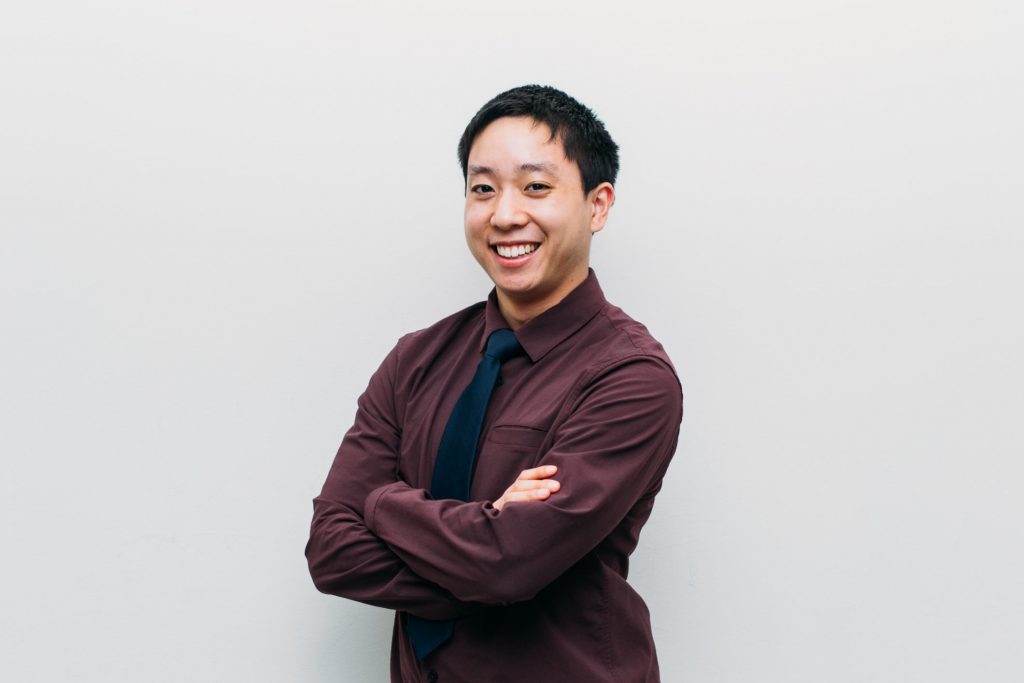
As a graduate student in the lab of bioengineering professor James Bryers, and in collaboration with the Mulligan/Hwang lab in the Department of Surgery, Nathan is investigating the role of monocytes and macrophages in porous scaffolds to understand wound healing and the factors that regulate the outcome of implanted biomaterials. Nathan previously worked in industry at Stemcell Technologies on nanoparticle development and researched at the Michael Smith Laboratories on cellular therapies and aptamer selection. He holds a BASc in Chemical and Biological Engineering from the University of British Columbia in Vancouver, Canada. Read More
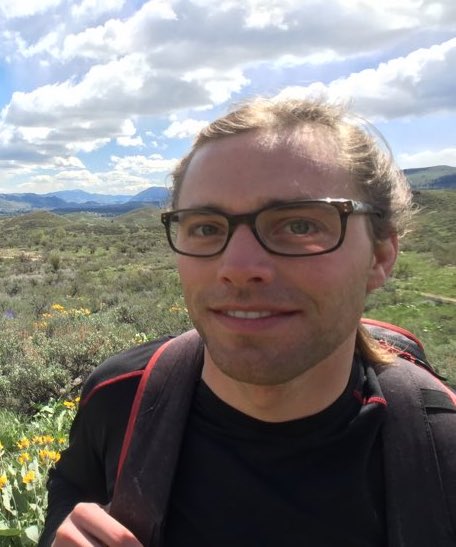
As a graduate student in the lab of chemical engineering professor James Carothers, Ben dissected the rules governing development of CRISPRai gene regulatory networks in cellular and cell free systems to enable scalable transcriptional control in a prokaryotic setting. Ben is now the Lead Applications Engineer at Wayfinder Biosciences, a startup co-founded by fellow molecular engineering alumni. Read More
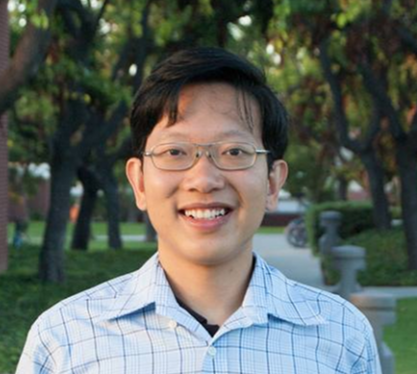
Sam was a graduate student in the lab of bioengineering professor Hao Yuan Kueh where he studied the control processes underlying T-cell development. These fundamental mechanisms could be used in the future to engineer immune cells to fight against various types of cancer. He also built artificial intelligent systems that extract insights from movies of live cell interaction to advance the field of image analysis. Sam is currently pursuing a postdoc in California. Read More
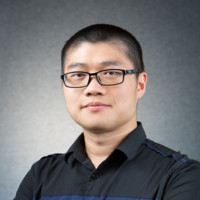
As a graduate student in the lab of bioengineering professor Buddy Ratner, Runbang developed molecularly imprinted polymers and membranes that are able to specifically remove uremic toxins with enough capacities for portable kidney dialysate devices. He holds a B.S. in Materials Science and Engineering from Harbin Institute of Technology (China) and an M.S. in Materials Science and Engineering from Cornell. Read More
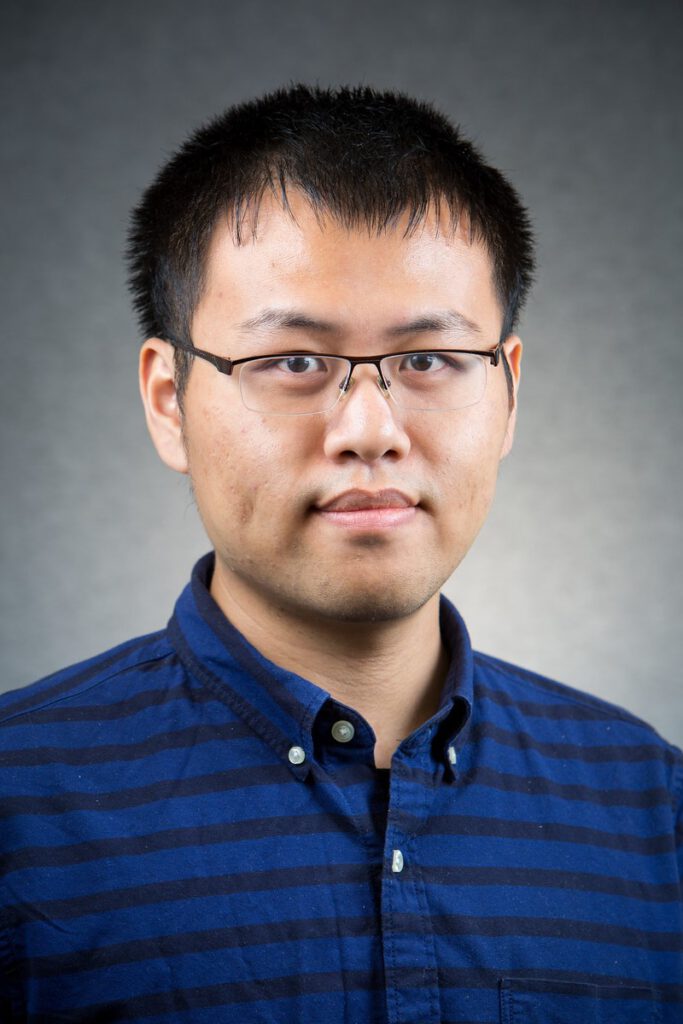
Ruihong “Redd” Wang was co-advised by bioengineering professor Michael Jensen and genome sciences professor John Stamatoyannopoulos. Redd developed a new platform for high-throughput functional genotyping of regulatory elements at the single cell level. He is currently a research scientist at the Altius Institute for Biomedical Sciences. Read More
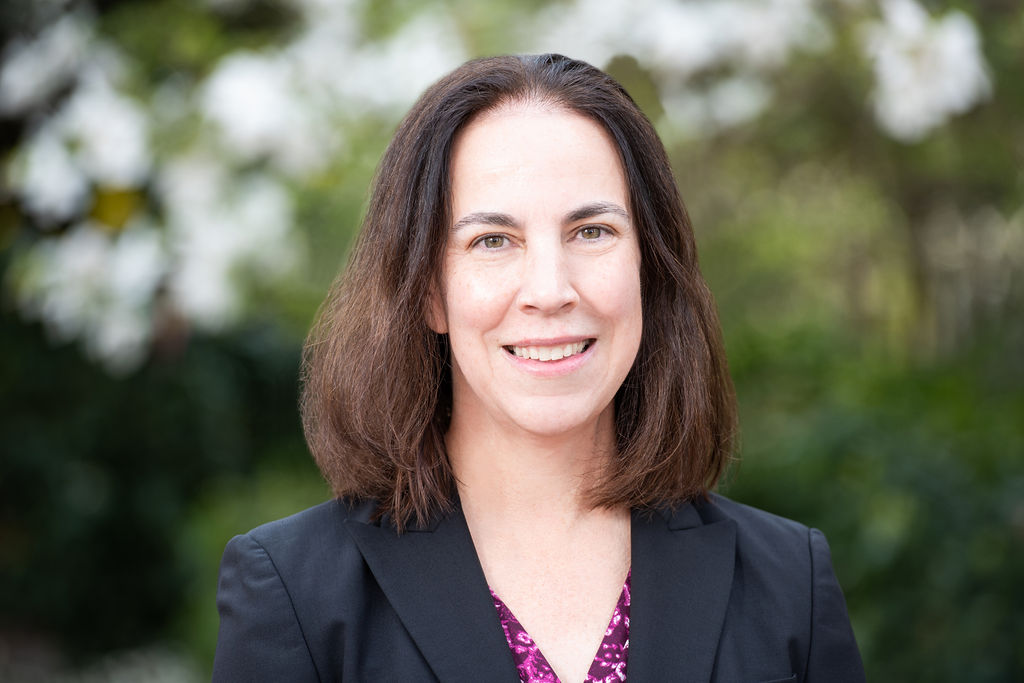
Dr. Gamble's research focuses on surface modification and characterization of model biomedical systems including fundamental research towards the preparation and characterization of DNA and protein microarrays. She is also involved in the development of new techniques that will enable improved analysis of the biomolecule-surface interface and improved chemical imaging of biologically relevant samples. Read More